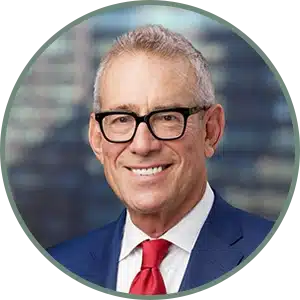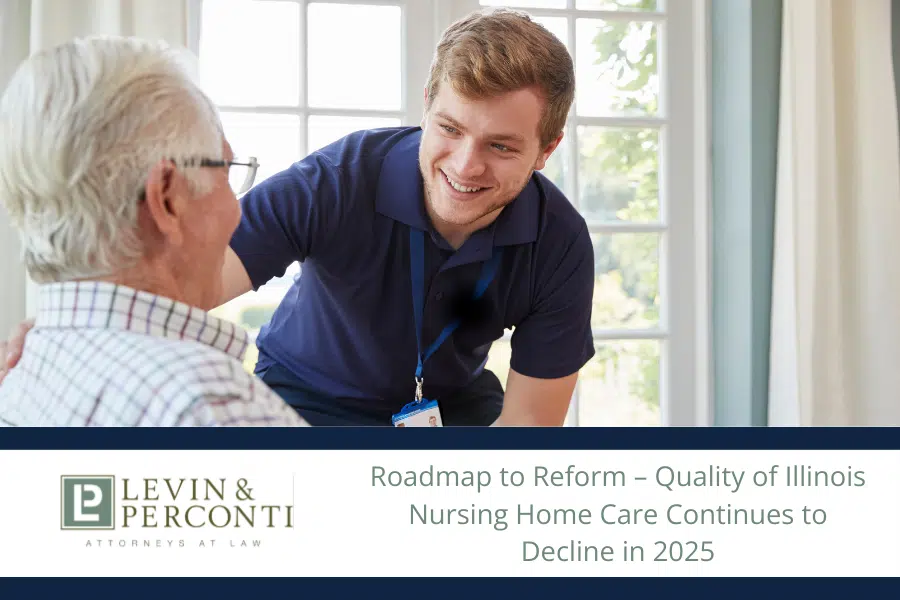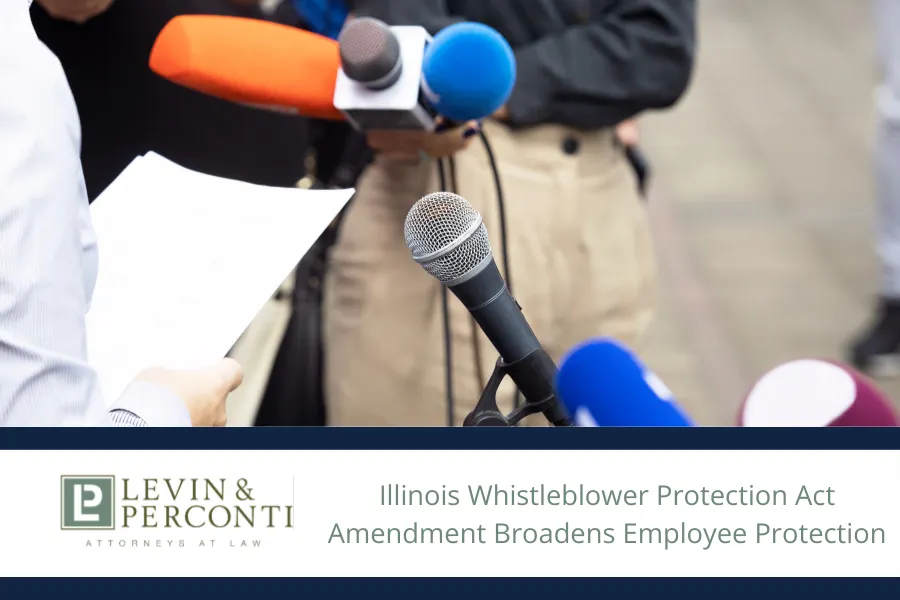
Content Reviewed by:
Steven M Levin
Content Reviewed by: Steven M Levin
Accordion Content
Since 1976, Steve Levin has been dedicated to helping people injured by others’ negligence. He is one of the first attorneys in the U.S. to prosecute nursing homes for abuse and negligence. He’s also helped write new legislation that governs the operation of nursing homes, including the Illinois Nursing Home Care Act. Moreover, Levin & Perconti has obtained the top three jury verdicts in nursing home negligence cases in Illinois.
Former Chicago Nursing Home Executive Has Sentence Commuted After Found Guilty of Largest U.S. Medicare Fraud Scheme
Philip Esformes, who used to be a well-known Chicago-area nursing home mogul, also known as the King of Medicaid Fraud, was released from prison after President Donald Trump commuted his sentence on December 22, 2020. The Presidential commutation disturbingly lessened the former executive’s criminal sentence, without vacating the conviction itself. Esformes, 51, was arrested in 2016 for various acts of criminal conduct tied to a $1.3 billion Medicare and Medicaid fraud scheme found through a complex web of bank accounts and systemic payment of bribes. Ultimately, he was caught continuously cycling as many as 14,000 nursing home and assisted living residents in Chicago and Miami while collecting millions from government programs designed to support services he never provided. In 2019, Federal prosecutors sentenced Esformes to 20 years in prison.
“Esformes exploited and victimized patients by providing inadequate medical care and poor conditions in his nursing homes. We will continue the fight against such parasites.” -Shimon Richmond, U.S. Department of Health and Human Services Office of Inspector Generals (Miami)
The U.S. Justice Department has called his massive $1.3 billion Medicare and Medicaid fraud scheme the most extensive single criminal health care fraud case ever brought. Esformes also faced allegations of neglect and more than 20 wrongful death lawsuits in just a four-year timespan related to fatal falls and neglect, drug abuse, and violent attacks on vulnerable nursing home residents. A jury also convicted him of paying bribes and money laundering, in addition to the ongoing Medicare fraud.
Esformes showed remorse and admitted his faults at his sentencing hearing in January 2019. He cried and asked for forgiveness and told a judge he was “disgusted” by his behavior and choices, saying “there is no one to blame but myself.” Reports by trial witnesses described how Esformes would direct them to pay doctors in cash, inflate invoices, and use code words to ensure the kickbacks were happening to keep his facilities receiving funds at full capacity.
Committing Medicare fraud can expose individuals or entities to a potential criminal, civil, and administrative liability and may lead to imprisonment, fines, and penalties. Federal laws governing Medicare fraud and abuse include the:
- False Claims Act (FCA)
- Anti-Kickback Statute (AKS)
- Physician Self-Referral Law (Stark Law)
- Social Security Act, which includes the Exclusion Statute and the Civil Monetary Penalties Law (CMPL)
- United States Criminal Code
In addition to Medicare Part A and Part B, Medicare Part C and Part D and Medicaid programs prohibit the fraudulent conduct addressed by these laws.
Healthcare Fraud and Medicare Abuse Are Entirely Unacceptable in All Forms
For the last decade, Federal and state governments have been partnering with private law firms to sue large nursing home chains for negligent care related to Medicare and Medicaid fraud. The public is also subjected continuously to news of executives swindling money through laundering and kickback schemes with vendors, and of Medicare and Medicaid fraud through overbilling.
The Centers for Medicare and Medicaid Services (CMS) defines fraud as “the intentional deception or misrepresentation that the individual knows to be false or does not believe to be true,” and that is made “knowing that the deception could result in some unauthorized benefit to himself or herself or some other person.
CMS goes on to say that Medicare fraud typically includes any of the following:
- Knowingly submitting, or causing to be submitted, false claims or making misrepresentations of fact to obtain a Federal health care payment for which no entitlement would otherwise exist
- Knowingly soliciting, receiving, offering, or paying remuneration (e.g., kickbacks, bribes, or rebates) to induce or reward referrals for items or services reimbursed by Federal health care programs
- Making prohibited referrals for certain designated health services
Some common examples of suspected Medicare fraud or abuse are:
- Billing for services or supplies that were not provided
- Providing unsolicited supplies to beneficiaries
- Misrepresenting a diagnosis, a beneficiary’s identity, the service provided, or other facts to justify payment
- Prescribing or providing excessive or unnecessary tests and services
- Violating the participating provider agreement with Medicare by refusing to bill Medicare for covered services or items and billing the beneficiary instead
- Offering or receiving a kickback (bribe) in exchange for a beneficiary’s Medicare number
- Requesting Medicare numbers at an educational presentation or in an unsolicited phone call
- Routinely waiving co-insurance or deductibles
Stay Aware and Seek Legal Help
If you believe you have a fraud problem, are engaged in a problematic relationship, or have been following billing practices you now realize are wrong, Levin & Perconti’s nursing home abuse and neglect, and Medicare fraud attorneys in Illinois suggest you follow CMS’s advice to:
- Immediately stop submitting problematic bills
- Seek knowledgeable legal counsel (schedule a free and confidential consultation with Levin & Perconti attorneys)
- Determine what money you collected in error from patients and from Federal health care programs and report and return overpayments
- Unwind the problematic investment by freeing yourself from your involvement
- Separate yourself from the suspicious relationship
- Consider using self-disclosure protocols, as applicable
Anyone involved with Medicare Fee-For-Service providers should be aware of the risk these illegal acts create. There will also be implications for patients and residents. The importance of protecting patients from the money-hungry overzealous actions of administrators, clinicians, third-party care providers, third-party payers, and large nursing home chains should remain a priority. Fraud schemes can also be present in independent ventures and within unlawful activities by an institution or separate group acting as providers and suppliers.
Legal Consequences for Fraud Culprits
Suppose you believe that you have been unknowingly involved in Medicare and Medicaid fraud or that a loved one may be affected by fraud in any form in the State of Illinois. In that case, you need to act immediately. If your employer is taking part in a fraud scheme and residents are paying the price, you should call us at 877-374-1417 or in Chicago at 312-332-2872 to set up a FREE consultation so we can help you understand your legal options. All calls and discussions with our nursing home negligence attorneys are safe and confidential.



